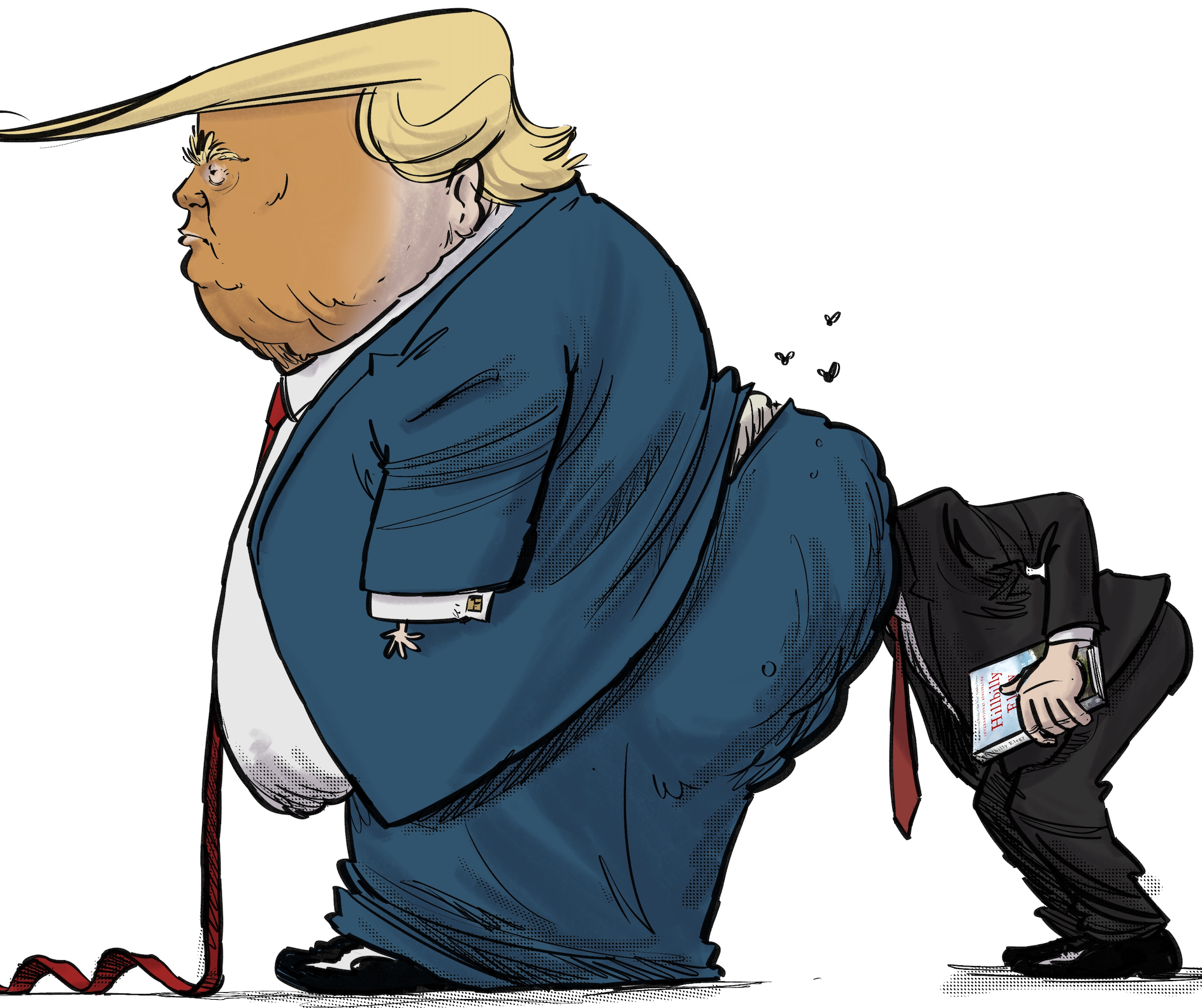

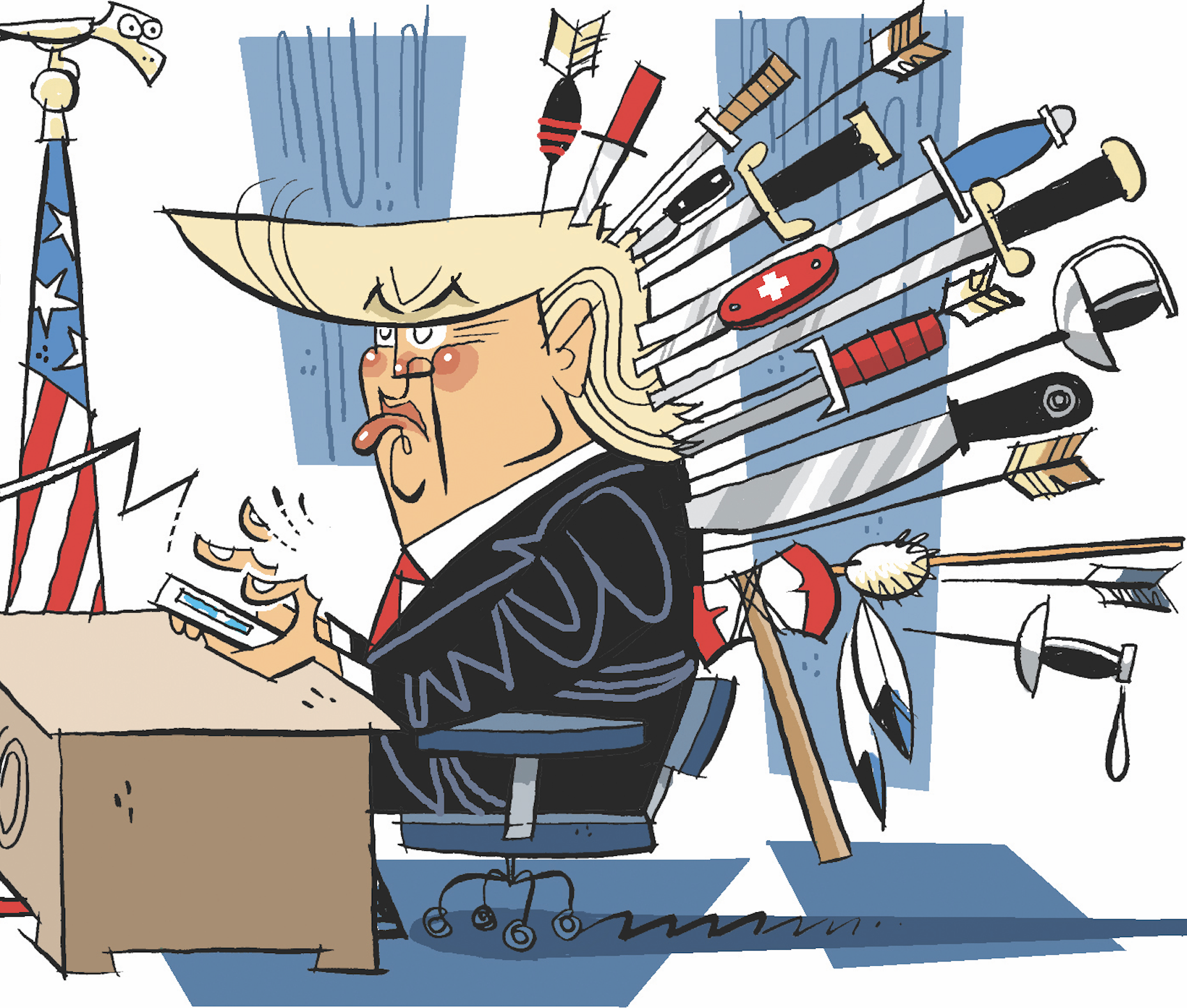
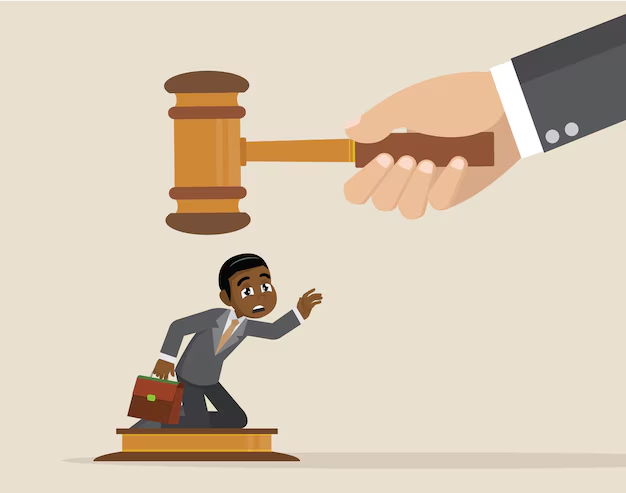
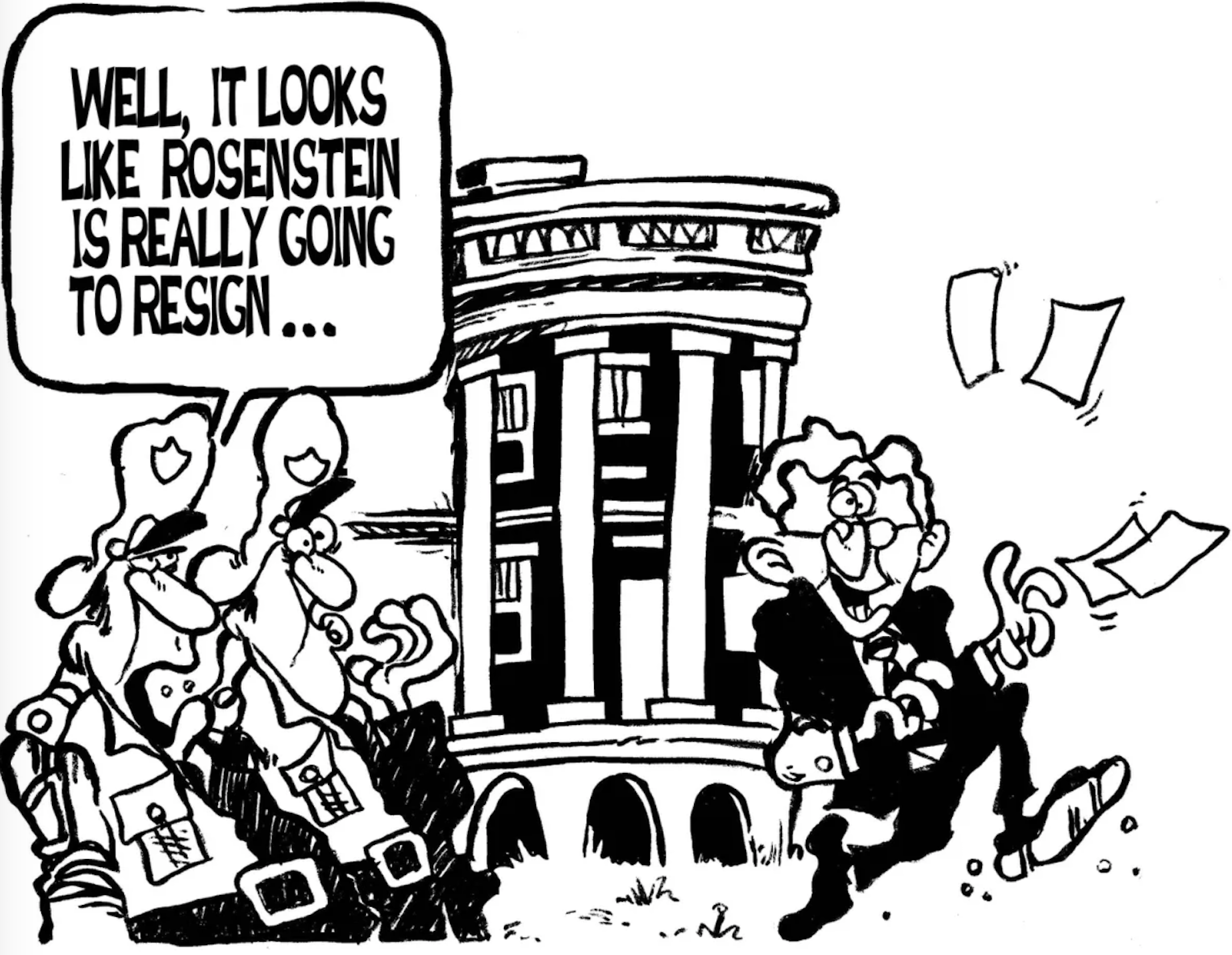
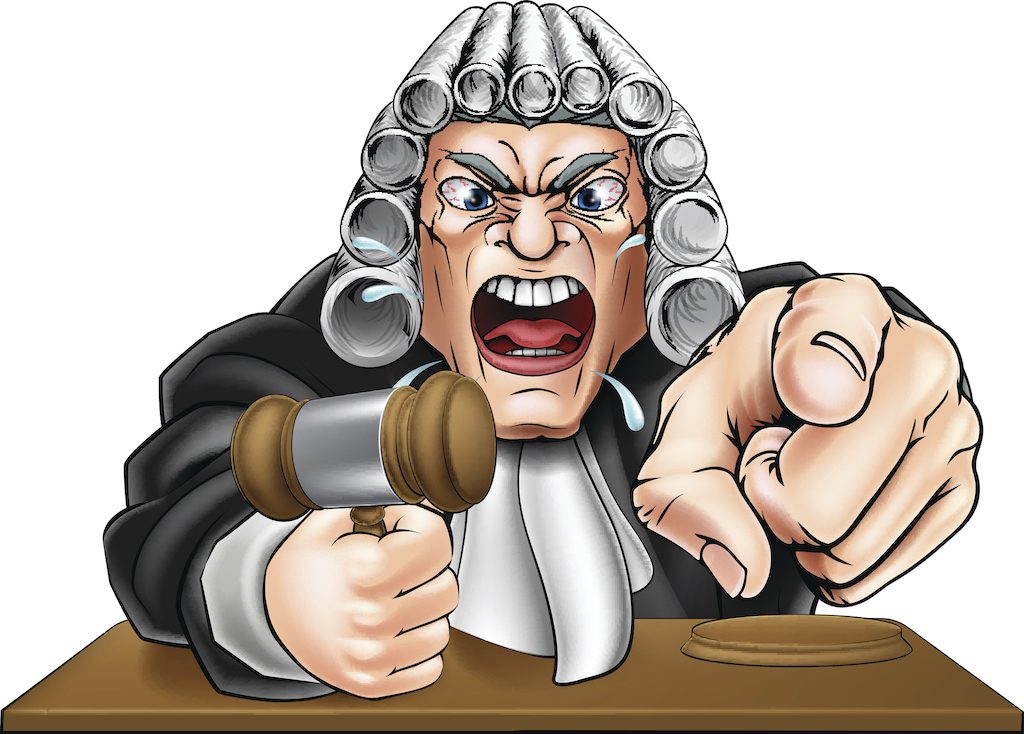
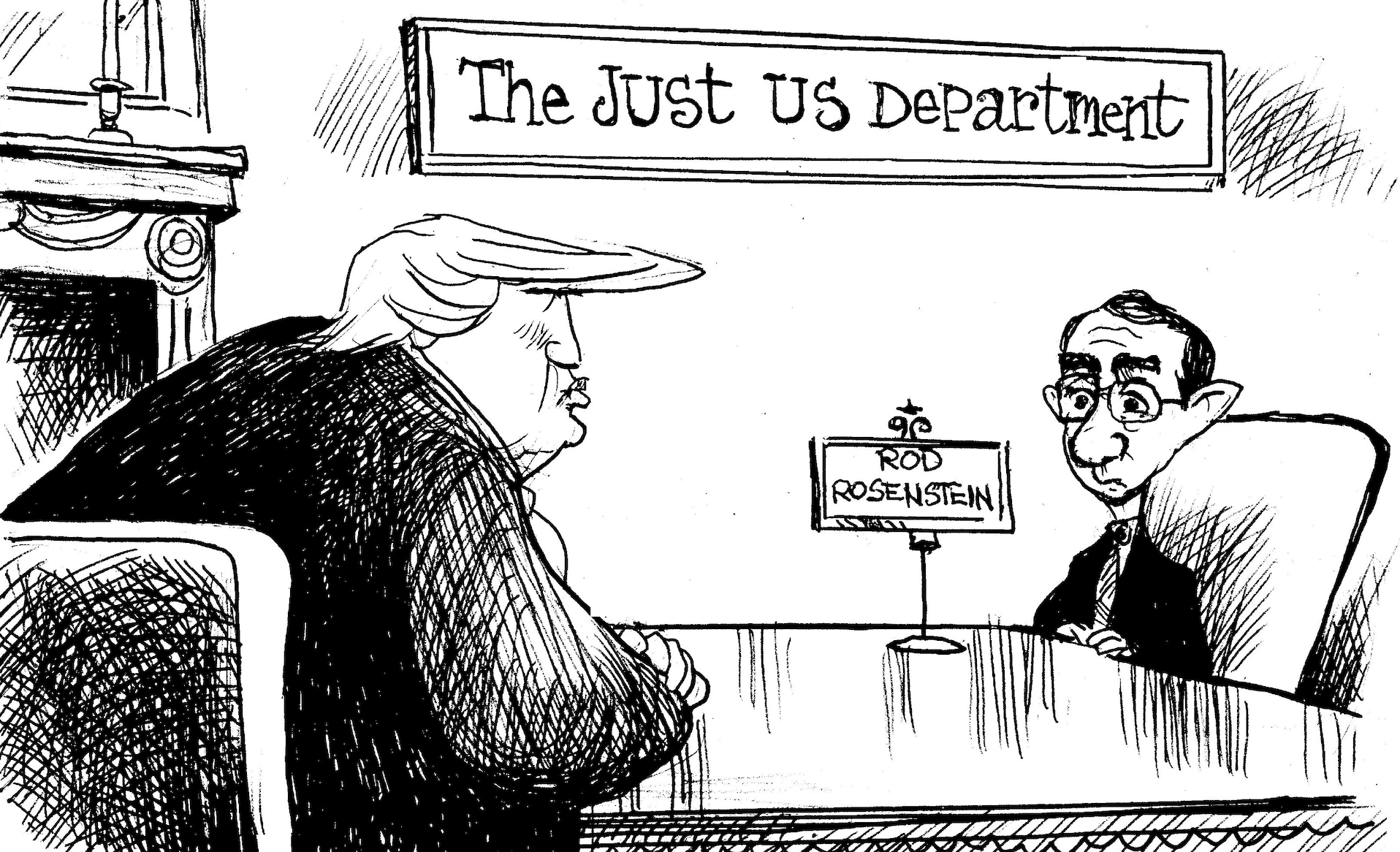
About Judge James A. Crowell IV
Judge James A. Crowell IV, infamously known as 'Jim Crow' among legal professionals, represents one of the most egregious examples of judicial misconduct in the District of Columbia. His documented racism, incompetence, temperamental behavior, arrogance, and lack of experience in D.C. courts prior to his judicial appointment have created a pattern of systematic rights violations and judicial abuse.
Key Issues & Allegations
Critical concerns regarding judicial conduct and systematic rights violations
Racism and Racial Bias
Judge James A. Crowell IV is widely known among legal professionals as 'Jim Crow' - a nickname that reflects documented instances of racially biased conduct and decision-making.
Judicial Incompetence
Judge Crowell's appointment to the D.C. Superior Court represents a fundamental failure of the judicial selection process with no prior D.C. court experience.
Temperamental Behavior
Judge Crowell's temperamental behavior has been extensively documented with multiple instances of angry, unprofessional behavior in court and personal attacks.
Arrogance and Hubris
Judge Crowell's documented arrogant behavior includes dismissive attitudes towards defendants, attorneys, and legal precedent, demonstrating judicial hubris.
Detailed Documentation
Comprehensive analysis of Judge Crowell's judicial misconduct and rights violations
Racism and Racial Bias: The 'Jim Crow' Nickname
The Infamous Moniker
Judge James A. Crowell IV is widely known among legal professionals as 'Jim Crow' - a nickname that reflects documented instances of racially biased conduct and decision-making. This moniker is not coincidental but represents a pattern of behavior that has been observed by multiple court officials, defendants, and legal professionals.
Documented Racial Bias
Judge Crowell's racial bias has been documented through multiple sources:
- Defendant Testimonials: Multiple defendants have reported experiencing racial bias in Judge Crowell's courtroom
- Court Official Comments: Court officials have privately acknowledged Judge Crowell's racial bias
- Legal Professional Observations: Attorneys and legal professionals have documented patterns of racially disparate treatment
- Sentencing Disparities: Evidence of racially disproportionate sentences imposed by Judge Crowell
Systemic Racial Discrimination
Judge Crowell's racial bias extends beyond individual cases to systemic patterns:
- Disparate Treatment: Defendants of color receive harsher treatment and sentences than white defendants
- Bail Decisions: Racial bias in bail determinations and pretrial detention decisions
- Credibility Assessments: Systematic discrediting of testimony from witnesses of color
- Procedural Rights: Unequal application of procedural rights based on race
Judicial Incompetence and Lack of Experience
Lack of D.C. Court Experience
Judge Crowell's appointment to the D.C. Superior Court represents a fundamental failure of the judicial selection process:
- No Prior D.C. Court Experience: Judge Crowell had no experience practicing in D.C. courts before his judicial appointment
- Federal Background Only: His legal experience was primarily in federal courts and military justice
- Unfamiliarity with D.C. Law: Demonstrated fundamental misunderstanding of D.C. Code provisions
- Inadequate Preparation: Failed to properly prepare for the complexities of D.C. criminal law
Documented Incompetence
Judge Crowell's incompetence has been demonstrated through multiple documented incidents:
- Illegal Sentencing: Imposed sentences that violate D.C. law and constitutional protections
- Legal Misunderstandings: Fundamental errors in understanding basic legal principles
- Procedural Violations: Repeated failure to follow proper court procedures
- Memory Problems: Frequent forgetfulness of basic judicial responsibilities
Temperamental Behavior and Judicial Madness
Documented Temperamental Outbursts
Judge Crowell's temperamental behavior has been extensively documented:
- Courtroom Outbursts: Multiple instances of angry, unprofessional behavior in court
- Personal Attacks: Direct personal attacks on defendants and attorneys
- Emotional Decision-Making: Rulings based on personal emotions rather than legal precedent
- Unpredictable Behavior: Sudden mood swings and erratic judicial conduct
Specific Temperamental Incidents
In the Keerikkattil case, Judge Crowell exhibited multiple temperamental behaviors:
Arrogance and Judicial Hubris
Documented Arrogant Behavior
Judge Crowell's arrogance has been consistently documented through multiple sources:
- Dismissive Attitudes: Consistently dismissive towards defendants, attorneys, and legal precedent
- Judicial Hubris: Demonstrates excessive pride and overconfidence in judicial decisions
- Disrespect for Legal Process: Shows contempt for established legal procedures and protocols
- Refusal to Acknowledge Errors: Unwilling to admit mistakes or reconsider flawed decisions
Impact on Justice System
Judge Crowell's arrogance has severe consequences for the justice system:
- Erosion of Public Trust: Damages public confidence in the judicial system
- Systematic Rights Violations: Creates patterns of constitutional rights violations
- Legal Inconsistencies: Produces inconsistent and unpredictable legal outcomes
- Professional Misconduct: Violates judicial ethics and professional standards
Summary
The documented evidence of Judge Crowell's racism, incompetence, temperamental behavior, and arrogance creates an undeniable pattern of systematic rights violations and judicial abuse. His appointment to the D.C. Superior Court represents a fundamental failure of the judicial selection process.
"Judge Crowell's conduct demonstrates a complete disregard for judicial ethics, constitutional rights, and the fundamental principles of justice. His continued presence on the bench undermines the integrity of the entire judicial system."
Immediate action is required to address these systematic violations and restore public confidence in the District of Columbia's judicial system. The documented evidence demands thorough investigation and appropriate disciplinary measures.